The road from Nairobi to the Nguruman Escarpment passes through the rolling green foothills of the Ngong Hills, long descent to the semi-arid plains on the Great Rift Valley’s floor, a brief watery interlude crossing the renowned Lake Magadi, and then another seemingly endless drive through dusty dirt tracks crossing semi-arid plains inhabited by the Maasai community.
To the south, near the Tanzanian border, the Nguruman Escarpment defines the western edge of Kenya’s Rift Valley. The environment changes considerably as you approach its slopes, some 160 kilometers from Nairobi. Mango and Pawpaw groves may be found all over the place.
Thanks to the Entasopia River, which originates from the Escarpment, and the Ewaso Ng’iro River, which originates from the Mau Escarpment and flows along the base of this Escarpment on its way to Lake Natron, a thriving farming community grows and supplies horticultural produce to Nairobi residents and export markets.
How to Get There
If you want to take public transportation, there is just one bus service, Ostrich Services, that runs once a day between Kiserian and Nguruman. It departs Kiserian late in the afternoons and arrives in the late evenings at Entasopia Market in the Nguruman region. If you’re feeling courageous, take a ride on one of the pickup trucks or lorries that transport products between Kiserian and Nguruman. For a connection, go to the Waria in Kiserian.
You’ll need a 4WD car with adequate clearance if you’re travelling from Nairobi. Take Lang’ata Road until you reach the Kenyan town of Bomas, then turn left onto Magadi Road.
After passing the Magadi Soda Factory, the asphalt road becomes a gravel road. At one point, this route traverses Lake Magadi, then rises back into the dry semi-arid plains, weaving its way till it reaches the slopes of the Nguruman Escarpment.
Accommodation
The Nguruman ICIPE Research Centre offers lodging, as well as showers and food.
Cool Waters Camp, which has tents put up on a riverside and can organize meals on request, is another option.
Related


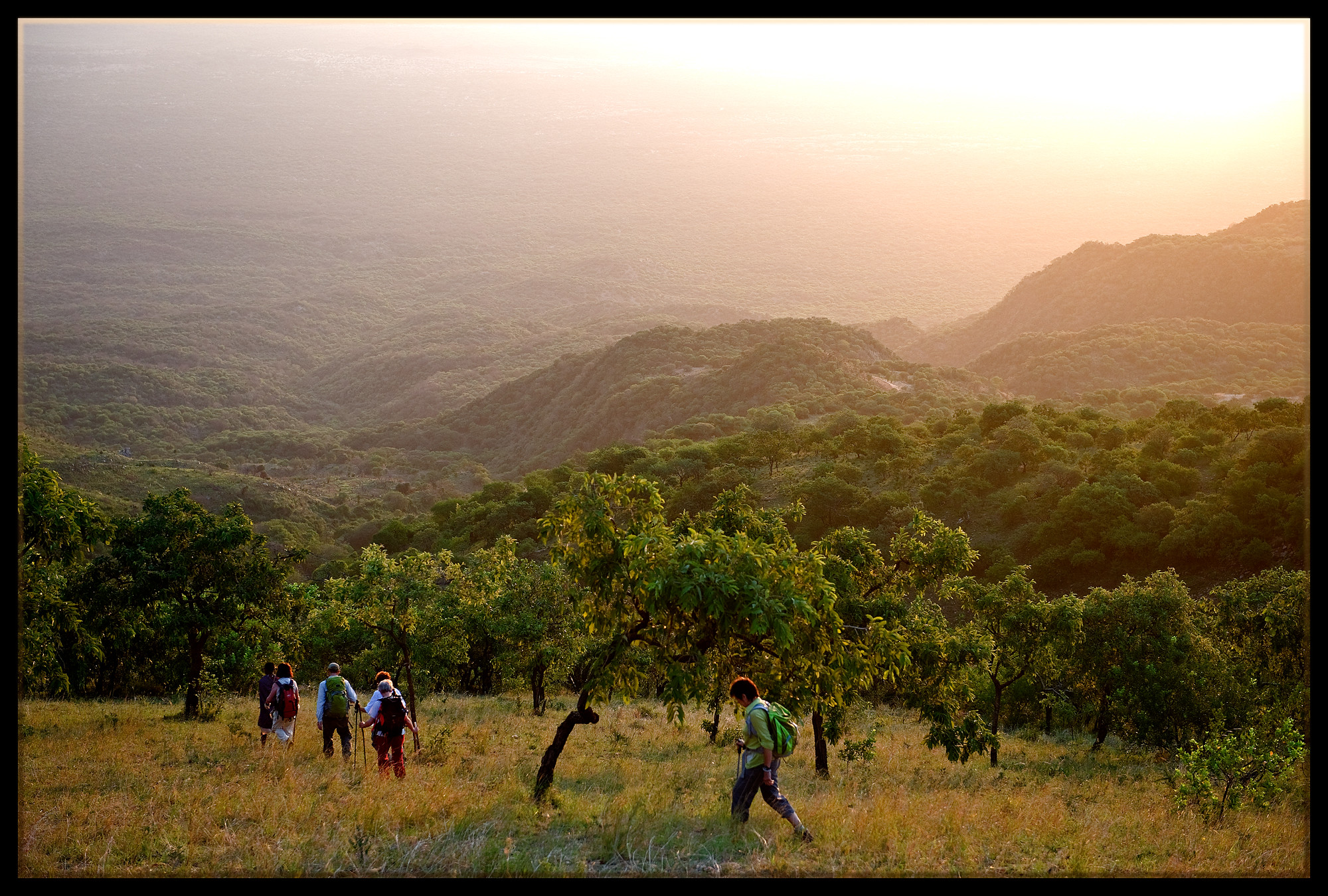
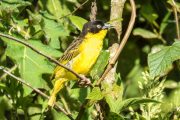
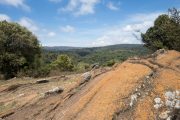
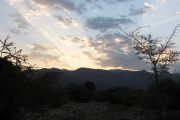
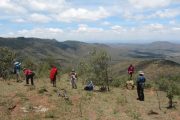
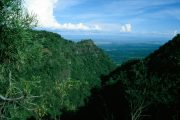
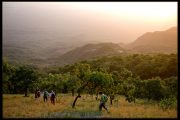
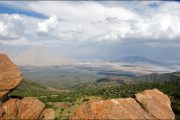
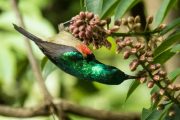
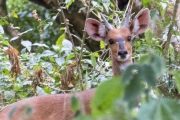

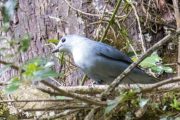
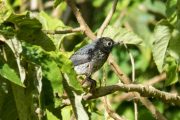
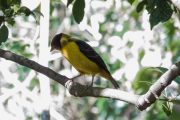
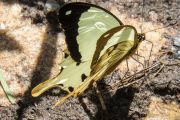
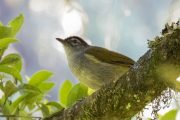
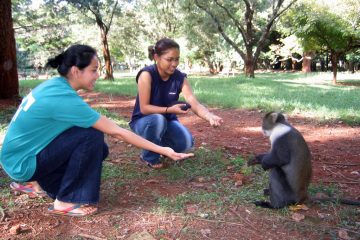
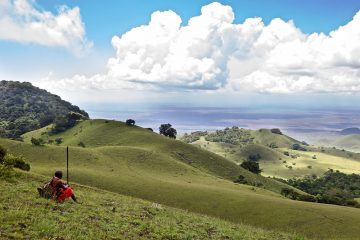
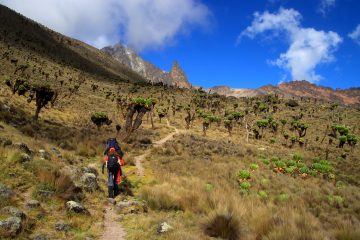
Tour Reviews
There are no reviews yet.
Leave a Review